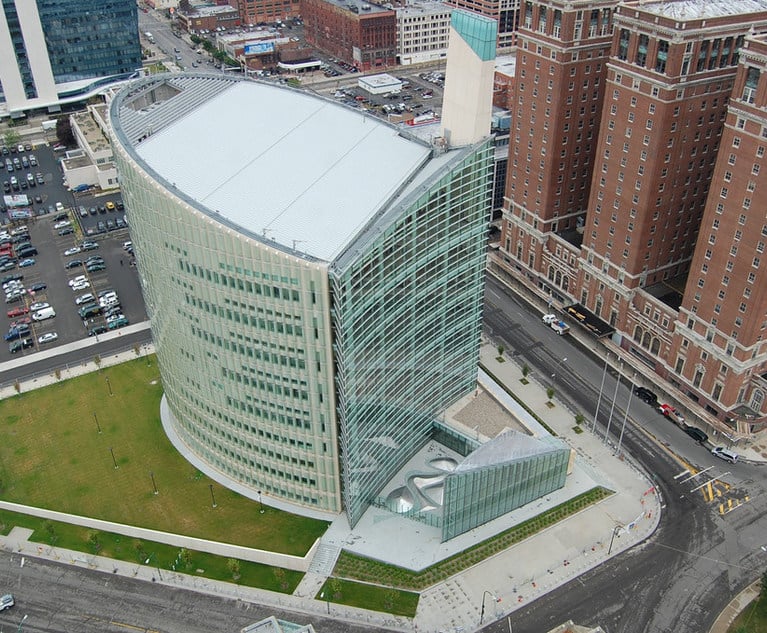The federal False Claims Act (FCA) is likely already on the radar of health care companies doing business with the government: It is a powerful tool for the DOJ (or private whistleblowers standing in the DOJ’s shoes) to seek recompense for false claims or false statements made in order to receive federal funds, authorizing treble damages and potentially sweeping penalties. It may not be top of mind during the current COVID-19 pandemic, but in fact the FCA has its origins in policing fraud in times of crisis. Consistent with that history, on March 20, 2020, Attorney General William Barr issued a press release underscoring the DOJ’s focus on combatting COVID-19-related fraud, including fraudulent billing in violation of the FCA.
As many companies potentially rush into the government contracting space to fill gaps in medical equipment and services, and even experienced contractors find themselves navigating unchartered (and evolving) waters concerning the provision of medical care, heightened risks under the FCA may follow. Below, we discuss some of those risks—in particular, those that may emerge due to a potential surge in telehealth services during this crisis—and steps that companies can take to mitigate potential FCA exposure as they provide critical goods and services in these uncertain times.


 Photo: Kira_Yan/Shutterstock.com
Photo: Kira_Yan/Shutterstock.com




